Economic crisis: Ghana left with no other option than return to IMF – Mahama
- Posted on
- Comment
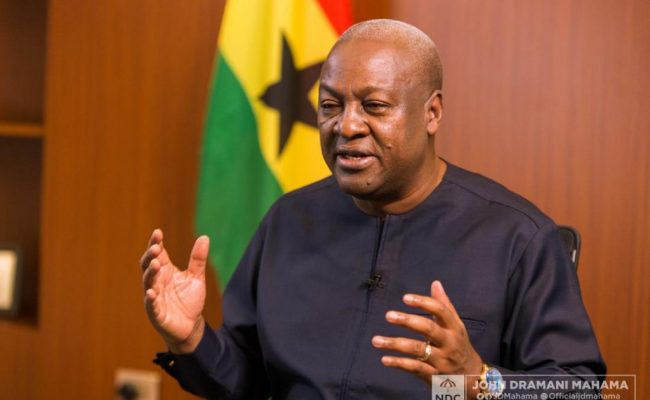
Former President John Mahama is piling pressure on the government to seek a bailout from the International Monetary Fund (IMF).
“Due to the nature and depth of our economic problems, this government virtually has no other sustainable option,” Mr. Mahama said at the launch of a think tank known as Think Progress Ghana.
Any IMF programme will be expected to come up with terms that will ensure fiscal discipline.
“That is one of the things this government lacks. They don’t have fiscal discipline and that is why they are even afraid to go into an IMF programme,” the former President remarked.
But he stressed that fiscal discipline alone won’t offer a solution to Ghana’s economic challenges.
Mr. Mahama noted that Ghana required comprehensive debt restructuring “to obtain the sort of relief that will give us the fiscal space needed to ease our plight.”
“Any IMF programme should be preceded or done jointly with discussions with our creditors to achieve debt restructuring.”
Mahama further urged President Akufo-Addo “to begin the process to restrict our debt before we become like Sri Lanka.”
He however maintained that the government remains tone-deaf to criticism.
“They have dug their heels in, remained obstinate and have become totally impervious to sound proposals to rescue the economy and mitigate the extreme hardships Ghanaians are grappling with.”
The government has already ruled out a return to the IMF for a programme to salvage the economy after its exit in 2019.
The Finance Minister, Ken Ofori-Atta, has touted his confidence in home-grown solutions.
Under the Mahama administration, Ghana turned to the IMF in 2015 for an almost $1 billion extended credit-facility programme.
This was after years of overspending and a collapse in the value of the cedi which caused Ghana’s debt to balloon.
Ghana is facing similar problems, with a total public debt stock of GH¢391.9 billion as of the end of the first quarter of 2022.
This translates to a debt to GDP of 78 percent.
The cedi has also weakened 22 percent against the dollar this year, making it the worst-performing among African currencies.
-citi
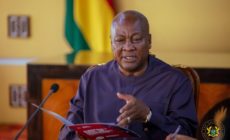
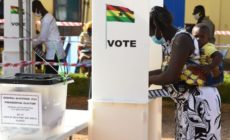
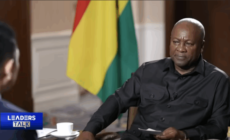
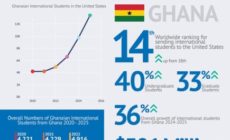






 (Selorm) |
(Selorm) |  (Nana Kwesi)
(Nana Kwesi)